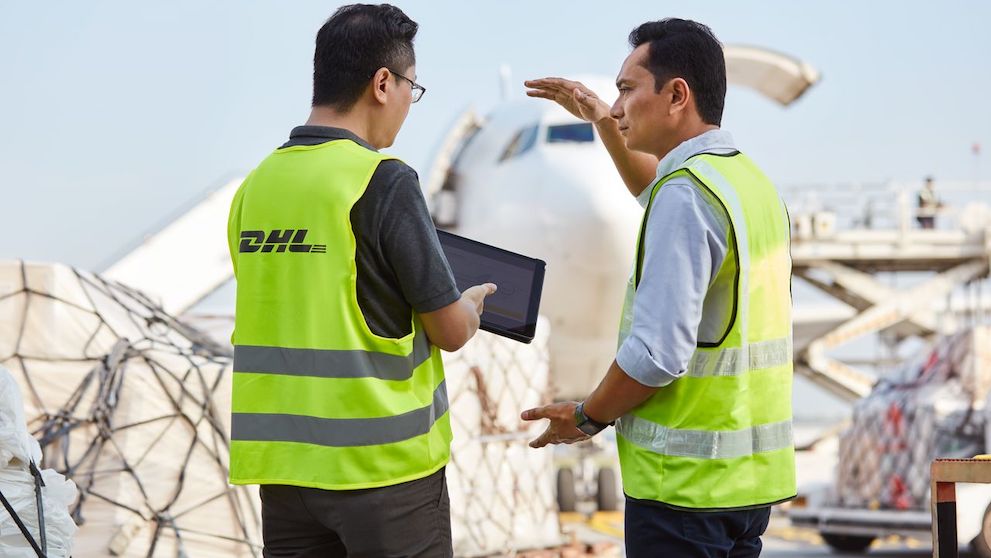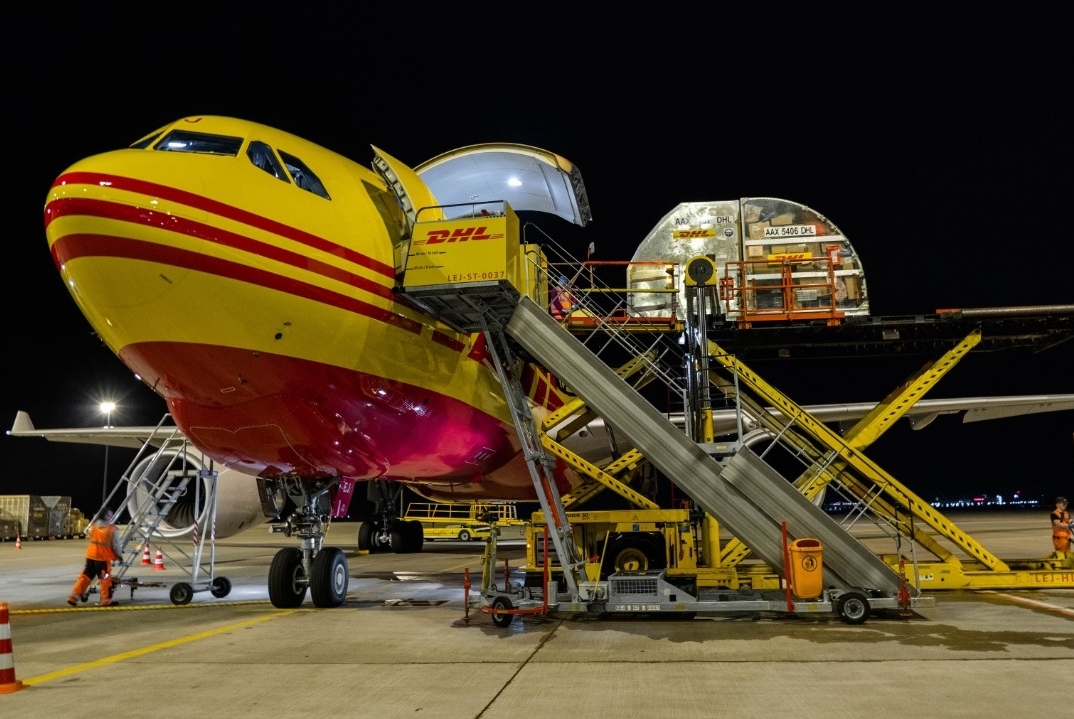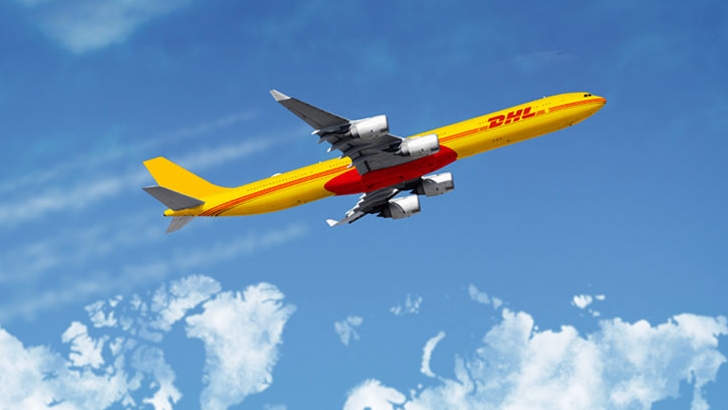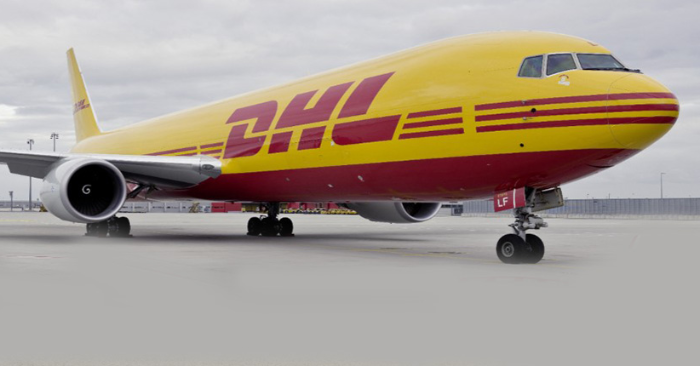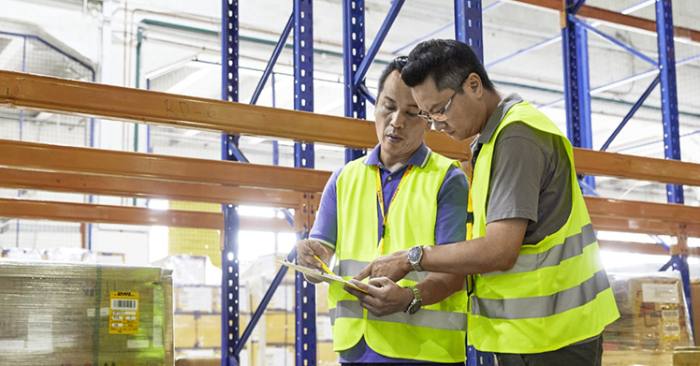Here are some key benefits of FTAs for businesses trading globally:
- Tariff reduction: One of the most tangible benefits of FTAs is the reduction or elimination of tariffs on a vast array of products, making exported goods more competitive in foreign markets and reducing costs for importers.
- Expedited trade facilitation: Beyond tariff cuts, FTAs streamline various bureaucratic processes and customs procedures, making it faster and easier for businesses to move goods across borders. This efficiency reduces delays and lowers costs, benefiting both businesses and consumers.
- Regulatory alignment: FTAs often involve harmonising rules and regulations between trading partners, including standards for product safety, intellectual property rights, and environmental protections. This alignment helps reduce the costs and complexities of complying with different sets of regulations for businesses operating in multiple countries.
Together, these benefits not only bolster international trade by simplifying the export and import process in Singapore but also create a more predictable and transparent trading environment. This is crucial for businesses planning their international operations and investments, to make informed decisions with greater confidence.
Exploring DHL Express' role in the United States-Singapore Free Trade Agreement (USSFTA)
The United States-Singapore Free Trade Agreement (USSFTA) is a comprehensive trade agreement between Singapore and the United States. It has significantly impacted trade and investment flows between Singapore and the United States, leading to increased bilateral trade, greater economic integration, and stronger business ties. For companies operating in either country, it has opened up new opportunities for export, import, and investment by creating a more predictable and transparent trading and investment environment.
DHL Express plays a crucial role in facilitating trades and shipments between the United States and Singapore under USSFTA, leveraging its extensive logistics network and expertise in international shipping and customs clearance. Through its deep understanding of the USSFTA provisions, DHL Express assists businesses in maximising the benefits of the agreement, such as tariff reductions and streamlined customs processes.
With its commitment to supporting global trade, DHL Express not only enhances the operational efficiency of businesses taking advantage of the USSFTA but also contributes to strengthening the economic ties between the United States and Singapore.
Discovering new m Major FTAs around the world
Within an extensive list of Free Trade Agreements in the world, here are some of the major FTAs that have been in focus in recent years:
Regional Comprehensive Economic Partnership (RCEP)
As the world's largest free trade agreement, encompassing 15 countries in the Asia-Pacific region, RCEP has been a significant focus for logistics companies. It aims to streamline trade and investment, covering a wide range of areas including tariffs, customs procedures, and market access. RCEP creates opportunities for businesses to expand their market presence across member countries, facilitating economic integration in the region.
United States-Mexico-Canada Agreement (USMCA)
Replacing NAFTA, the USMCA governs trade relations between the United States, Mexico, and Canada. It includes updated provisions for various sectors such as automotive, textiles, and agriculture. The agreement aims to modernise trade rules, improve market access, and promote fair competition among the member countries.
Comprehensive and Progressive Agreement for Trans-Pacific Partnership (CPTPP)
The CPTPP is a trade agreement among 11 Pacific Rim countries, including Australia, Japan, and Canada. It reduces tariffs, standardizes customs procedures, and enhances trade between member countries. The agreement aims to promote economic integration and facilitate trade among the participating nations.
EU-UK Trade Cooperation Agreement (TCA)
The TCA governs trade relations between the European Union (EU) and the United Kingdom (UK) post-Brexit. It addresses various aspects of trade, including customs procedures, tariffs, and regulatory cooperation. The agreement aims to maintain tariff-free trade in goods and promote economic stability between the EU and the UK.
Impact of FTAs across sectors: Opportunities and challenges
The potential impacts of Free Trade Agreements on various sectors are vast. Industries such as manufacturing, agriculture, and services can benefit from increased export opportunities and reduced costs. However, some sectors may face challenges due to increased competition from abroad.
- Manufacturing: FTAs can make it cheaper to import raw materials and components, reducing production costs and enhancing the global competitiveness of manufactured goods. However, manufacturers may also face increased competition from abroad, challenging domestic industries.
- Agriculture: Agreements often open up new markets for agricultural products, which can lead to increased exports. However, the removal of protective tariffs can also expose local farmers to more competitive international markets.
- Services: FTAs typically include provisions that make it easier for service providers to operate in foreign markets, including financial, legal, digital, and educational services. This could expand opportunities for service exports.
- E-commerce and digital trade: Modern FTAs increasingly address digital trade, promoting data flow across borders and enhancing the digital economy's growth. This can significantly benefit the e-commerce sector by simplifying international online sales.
4. DHL Express’ strategic adaptation to new and existing FTAs
DHL Express is at the forefront of adapting to support the changes brought about by new and existing FTAs, offering specialised logistics solutions tailored to various industries in Singapore. Leveraging its expertise in shipping customs and compliance, DHL Express guides businesses through tariff modifications and regulatory shifts, ensuring seamless customs clearance – an essential aspect as companies adjust to the evolving FTA landscape.
Additionally, with a dedication to supply chain optimisation, DHL Express enables businesses to capitalise on FTA efficiencies and cost savings. Through strategic analysis and optimisation of supply chain operations, DHL Express enhances operational efficiency, empowering businesses to thrive under new trade conditions.
Across manufacturing, agriculture, or e-commerce sectors, DHL Express customises its services to maximise the benefits of emerging trade agreements. Investing in technology and innovation, DHL Express simplifies global trade complexities. Advanced tracking systems and digital platforms facilitate efficient shipment management, empowering businesses to navigate the global marketplace with ease and confidence.
Partner with DHL Express today
As the global economy continues to evolve, it's essential for businesses to stay ahead of the curve and leverage the benefits of FTAs to fuel their growth. With DHL Express Singapore, you can count on a reliable partner to navigate the complexities of international trade and seize opportunities in the ever-changing marketplace. From efficient customs clearance to seamless shipping solutions, we're here to support your business every step of the way.
Sign up for a business account and discover how DHL Express Singapore can help you thrive in the world of global trade. Whether you're shipping products from the USA into Singapore or from Germany to Singapore, our comprehensive services have you covered every step of the way. Partner with us today and embark on a journey to success.
























